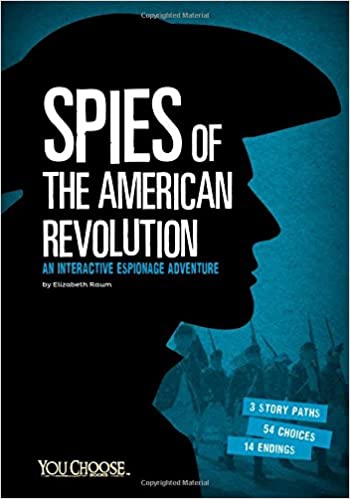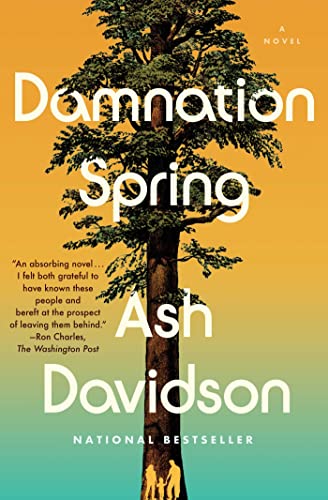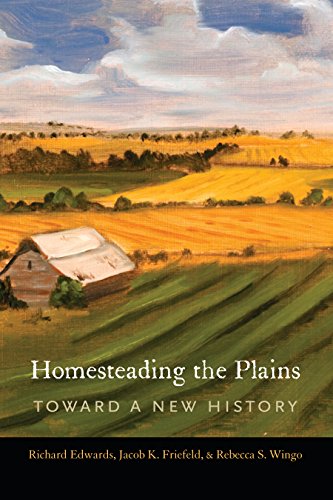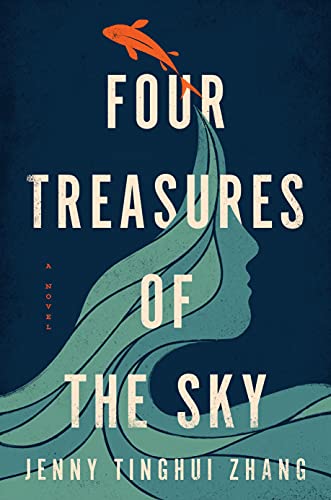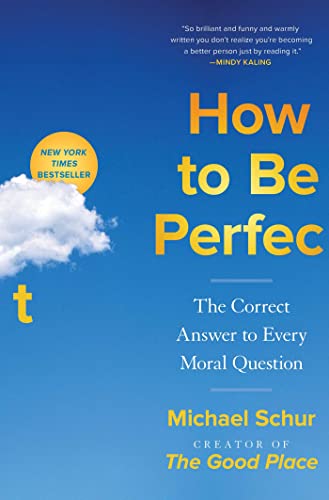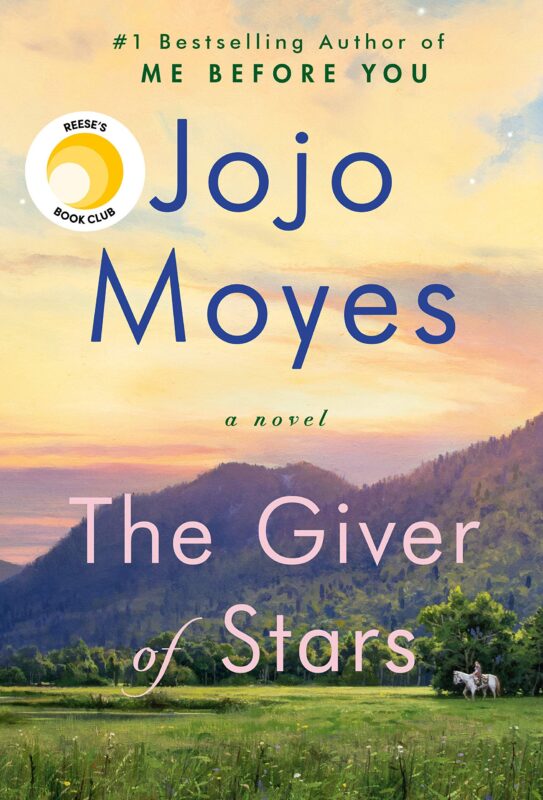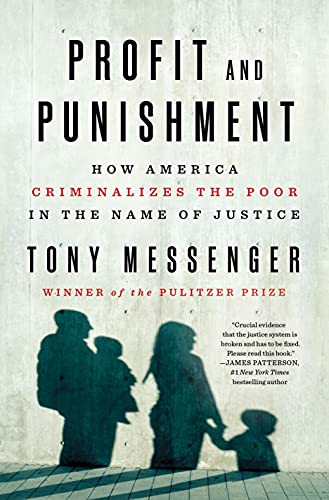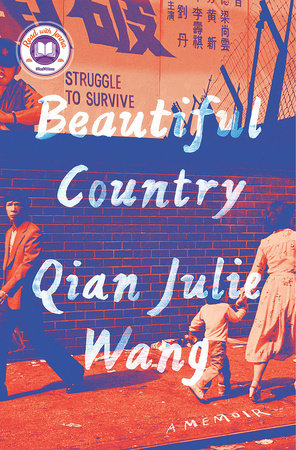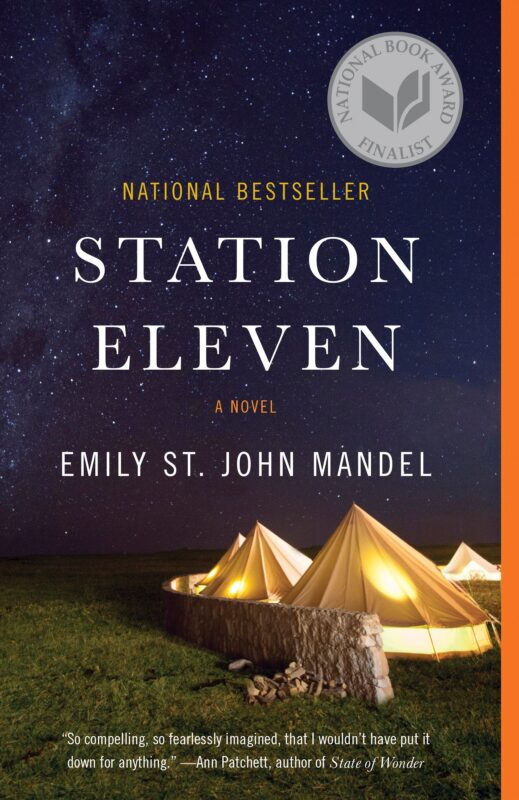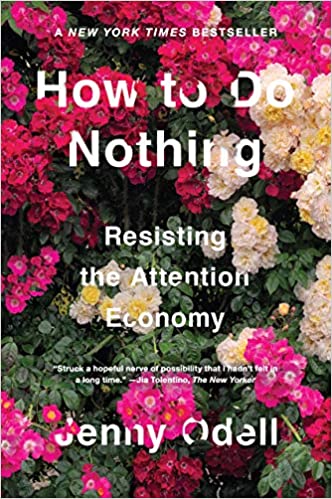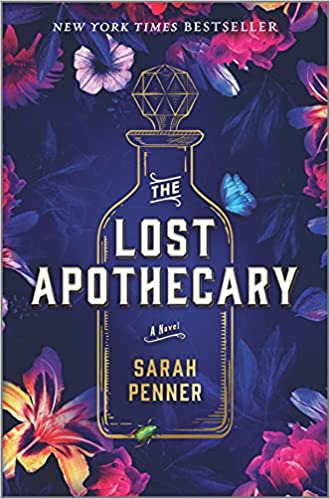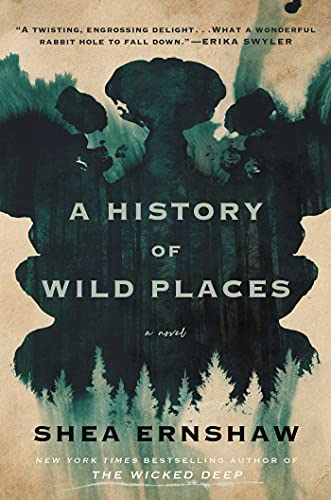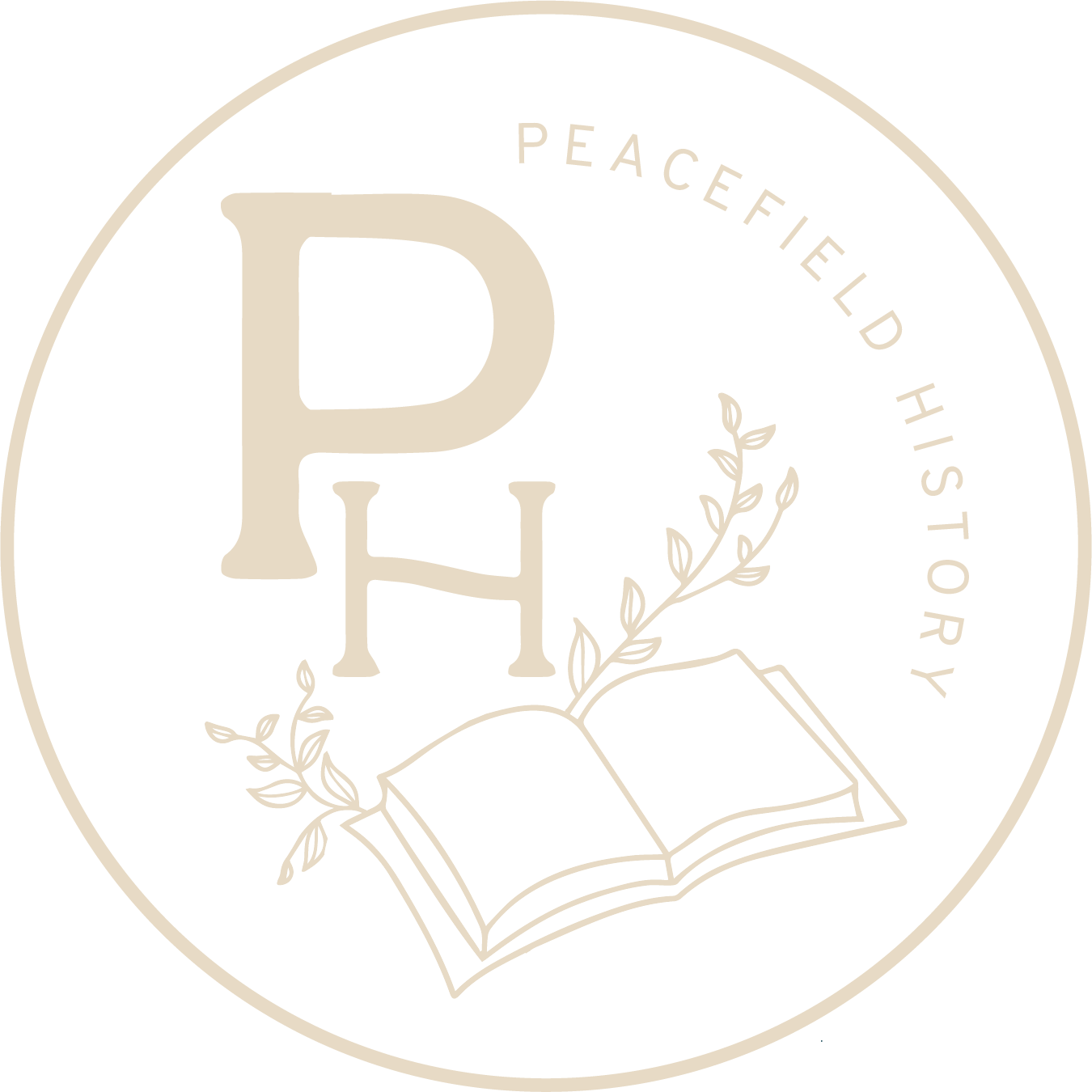Spies of the American Revolution: An Interactive Espionage Adventure
Series: Blog Post Topics, Historical Fiction and Nonfiction about the American Revolution
Genre: Historical Nonfiction - Middle Grade
I recently read Spies of the American Revolution: An Interactive Espionage Adventure by Elizabeth Raum, and I thoroughly enjoyed it. The book takes the reader on an exciting journey through the world of espionage during the American Revolution.
The story follows a young patriot named Sam, who is recruited by George Washington to be a spy for the Continental Army. As Sam carries out his missions, he must use his wits and cunning to outsmart the British and their loyalist allies. Along the way, he meets a cast of intriguing characters, including other spies, revolutionary leaders, and ordinary people caught up in the conflict.
One of the things I liked most about the book was its interactive format. At various points in the story, the reader is given choices that affect the outcome of the missions. This adds a level of excitement and engagement to the reading experience, and it also encourages the reader to think like a spy and consider the potential consequences of their actions.
The book also does a good job of capturing the spirit of the American Revolution. The author clearly did their research, and the historical details are woven seamlessly into the story. This helps to bring the events of the time period to life, and it also helps the reader to understand the motivations and perspectives of the people involved.
Overall, I would highly recommend Spies of the American Revolution: An Interactive Espionage Adventure to anyone interested in history, espionage, or adventure. It's a thrilling read that will keep you engaged from start to finish.
More info →Damnation Spring
Series: Reads and Reviews, Reads and Reviews - July 2022
Genre: Historical Fiction - Adult
Tag: Recently Read
Although one could never say that there is one way to write historical fiction, this book certainly does it correctly. The core of this story is a group of families living along the California coast in the 1970s. The men work in the logging industry while the women raise the families. At first the story seems to focus just on the families, however, the early environmental movement, and the use of DDT gradually work their way into the plot in a way that feels natural and real. If you've been a bit perplexed by the popularity of Where the Crawdads Sing, you might prefer this book instead.
More info →Homesteading the Plains: Toward a New History
Series: Reads and Reviews, Reads and Reviews - May 2022
Genre: Historical Nonfiction - Adult
Tag: Recently Read
The authors of Homesteading the Plains, Richard Edwards and Jacob Friefeld, examined the major myths related to the Homestead Act. These myths were often accepted as truth and had permeated the literature on the subject without any critical analysis of the historical details. Edwards and Friefield seek to correct that record by looking at the actual data surrounding the Homestead Act and the settlers that moved to that territory.
I found this book when I was researching the Homestead Act. Like the authors, I found that the topic was full of anecdotal stories and there wasn't much statistical or historical analysis. Despite its methodical approach, I still found the text quite readable and very convincing.
More info →Four Treasures of the Sky: A Novel
Series: Reads and Reviews, Reads and Reviews - May 2022
Genre: Historical Fiction - Adult
Tag: Recently Read
Four Treasures of the Sky takes on the history of Chinese immigration during the era of the Exclusion Act. Daiyu is abandoned by her grandparents at a very young age after her parents are kidnapped for their political activism. Teetering on the edge of existence, Daiyu's life is largely controlled by her gender and her race, and those issues remain constant as she smuggled to the U.S. and then migrates to Idaho. This is not an uplifting story - but unlike many historical fiction novels, this book reflects the reality of the history during this time. In many ways, it seemed like an adult companion to Prairie Lotus.
More info →How to Be Perfect: The Correct Answer to Every Moral Question
Series: Reads and Reviews, Reads and Reviews - April 2022
Genre: Social Commentary
Tag: Recently Read
Like many students of history, I took a philosophy course as an undergraduate student. As a freshman in college, I definitely didn't appreciate the idea of philosophy. Now, with my age and wisdom (laughs in millennial) I've grown to greatly appreciate the discussion of the great questions of life. I watched The Good Place with absolute glee and I picked up this book with certainty that I would enjoy the content. After all, I've pretty much devoured everything that Mike Schur has created.
Of course, I was not disappointed. This book reviews the basic philosophical discussions that were inherent to the Good Place, but with the luxury of the written word, Schur is able to go into much more depth. As he is not a philosopher, however, he places the ideas of philosophy (existentialism, utilitarianism, deontology, and ubuntu (among others) within the context of practical questions that humans face in their daily life. There are also jokes - he is a comedy writer after all.
The book had me brimming with possible questions for students and possible applications for my classes next year. I know that this book will be read more than once, and I'm so glad I added it to my shelf.
More info →The Giver of Stars
Given what I knew of this author, I wasn't sure if I would enjoy this book. It turned out that I REALLY enjoyed this book. It was set during one of my favorite times periods in U.S. History - The Great Depression. The story centered around a traveling library that was created as part of the WPA and the women who ran that library. It represented the perfect combination of history and fiction. There was just enough history to reflect the reality of the time period, including, union organization (and union-busting), the WPA, and a heap of the social history of Kentuckian life of that time. Also, the story was sentimental and engaging without the hokeyness that often accompanies this type of fiction. One of my favorite books of the year thus far.
More info →Profit and Punishment: How America Criminalizes the Poor in the Name of Justice
Series: Reads and Reviews, Reads and Reviews - February 2022
Genres: Historical Nonfiction - Adult, Social Commentary
This book succinctly summarizes and effectively argues how the for-profit system of fines and fees criminalizes poverty in the United States. It makes its case by following the stories of three people who were caught up in the system. Messenger supports these anecdotal stories with data from many states detailing how this system has caused significant harm. It's clear from his assessment that the only groups who are winning from this system are the for-profit prisons. It costs the government more to criminalize poverty and it certainly doesn't help those in poverty to escape their circumstances, nor does it make communities safer in any shape or form. It's clear that this system needs to change and hopefully politicians will be clear-eyed enough to look past the immediate profits and towards the longstanding damage these fines and fees create.
More info →Beautiful Country
Station 11
Series: Reads and Reviews, Reads and Reviews - January 2022
Genre: Contemporary Novel
Station 11 takes place in a post-pandemic world. In this case, 99.9% of humans have been killed off by a strain of the flu, and those who survive must literally claw together a new reality. Both the show and the book follow a myriad of characters, all who are connected by their relationship to a comic book called Station 11. This review is unusual in that I watched the TV show based on the novel first. Then, I proceeded to read the book afterwards.
I was absolutely mesmerized by the show. The writing was unique and creative, and it envisioned a post-pandemic world that didn't rehash the typical tropes. Instead of a world overwhelmed by constant fear, murder, and survival, there is art, there is Shakespeare, and there is a realistic outline of trauma that rises above just generic sadness.
The book and the show were so different that it actually proves difficult to compare the two. It's as though two authors were given basic plotlines, and then told to submit their version of the story. While some of the details are similar, they really are distant cousins of each other. The book includes most of the same characters, though the characters are given different circumstances and plot lines. The major emotional arc of the show - the relationship between Kristen and Jeevan - isn't present in the book at all. The book does add some richness to the story from the show, however, honestly, I think the show was the superior of the two. Maybe I would have felt differently if I had read the book first. Regardless, I think both hold merit, and I would suggest reading the book and watching the show for the richest experience.
More info →How to do Nothing
Series: Reads and Reviews, Reads and Reviews - January 2022
Genre: Social Commentary
The Lost Apothecary
Series: Reads and Reviews, Reads and Reviews - December 2021
Genre: Historical Fiction - Adult
When Caroline Parcewell discovers that her husband has cheated on her after 10 years of marriage, she decided to go on their anniversary trip alone - to London. In an attempt to explore the historical researcher side of her life that she had left behind years before, she decides to go along on a little historical adventure that involves finding objects that have appeared from the historical muck of the city. Her discovery leads her towards a path of intriguing historical research and self-discovery.
Although it's probably technically classified as historical fiction, half of the book takes place within a historical era and half of the book takes place in the modern day. This book is probably the closest I might get to reading a "romance" novel. It's actually about the rejection of romance, and finding one's self - independent of any romantic partner. (I'm not sure what that says about me.) My only criticism of this book is that it is a very "tidy" story. Caroline is able to uncover all the secrets through her research. I wish historical research worked this way, but often times, that's just not the case. At one point she finds an abandoned location that had not been touch for over 100 years - in London! Given the value of London real estate these days, I found that particular plot point rather unlikely. However, if you have dreams of spending your days immersed in historical research, this book is a cozy read.
More info →A History of Wild Places
Series: Reads and Reviews, Reads and Reviews - December 2021
Genre: Contemporary Novel
This novel starts from the perspective of Travis Wren, a man who has been hired to search for Maggie St. James. His search leads him to a reclusive commune called the pastoral.
A History of Wild Places is not about any history, instead, it's more of a contemporary dystopia. This book had a timeless quality. It could have taken place in the 1950s or the current day. The story follows the path of three characters as they become lost within the the world of a reclusive commune. Without giving away the plot, I would note that the novel really explores conceptions of reality - and how that conception can be so blurred by invasive ideas. I do wish that the author had explored some of the more details that are embedded along the way. Still, this novel was very engrossing and I was finished read it with a few days.
More info →